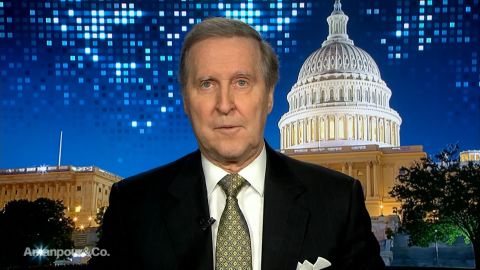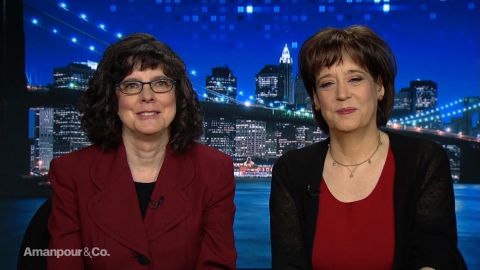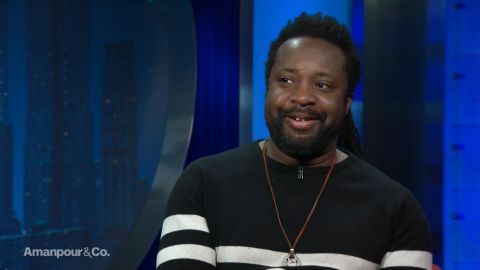Read Transcript EXPAND
CHRISTIANE AMANPOUR: So, let’s move on to ISIS. The president says that soon there will be an administration declaration that it’s lost all its territory. What do you make of that? And also, you heard the forces on the ground telling us that even if they do, that doesn’t mean to say they are dispersed and we’ve seen this movie before when they were pretty much crushed by the surge in Iraq, the precocious to ISIS.
WILLIAM COHEN: Christiane, consider this to be a medical condition. Your doctor has said he’s been treating you for cancer and the doctor says, “We have the cancer eliminated 90 percent. There’s 10 percent remaining but we’re going to cease treating you for the moment. We’re going to declare victory over the cancer.” You would react, I think, quite negatively at that, that’s kind of the same situation we have with respect to ISIS. It has lost a lot of territory, it has lost a lot of people but they are still formidable, they are capable of capable of metastasizing in the region itself and beyond. And so, is this the time you say, “We’ve won. Mission Accomplished. Cancer is eradicated even though 10 percent might be left or 1 percent is still very malignant, but we think we’ve got it under control and we’ll just ignore it for the time being.” That’s the situation, I think, we’re finding ourselves in. And secondly, the president consistently undermines the credibility of the intelligence community. They have to a person testified about the viability of ISIS returning and yet the president ignores it. He then publicly criticizes his intelligence community, and that to me is very dangerous, because what he is saying is, “Don’t bring me any bad news or any news that’s inconsistent with my judgment.” Ordinarily, presidents depend upon the intelligence community to help him or her shape strategic policy and not the other way around. And what’s happening here is that I’m afraid that our intelligence is going to be compromised and politicize so that it’s the president who shaping the intelligence rather than his intelligence community giving him information and information is power that he needs to have. And that to me, long-term, is very dangerous.
AMANPOUR: So, Secretary Pompeo says that this withdrawal of forces, for instance, which is sort of, I guess, connected to the idea that ISIS may have lost its territory is just as a tactical issue that the strategy will remain the same, that there will be this air campaign. I want to get your idea on that. But also, on the way decisions are made and implemented and announced, because just this week the CENTCOM commander was asked about how much heads up they got about the announcement to withdraw troops from Syria. Listen to the exchange on Capitol Hill.
About This Episode EXPAND
Christiane Amanpour speaks with former U.S. Secretary of Defense William Cohen about the Trump administration’s foreign policy; and “RBG” co-directors Julie Cohen & Betsy West about the life of Supreme Court Justice Ruth Bader Ginsburg. Alicia Menendez speaks with author Marlon James about his new book “Black Leopard, Red Wolf.”
LEARN MORE


